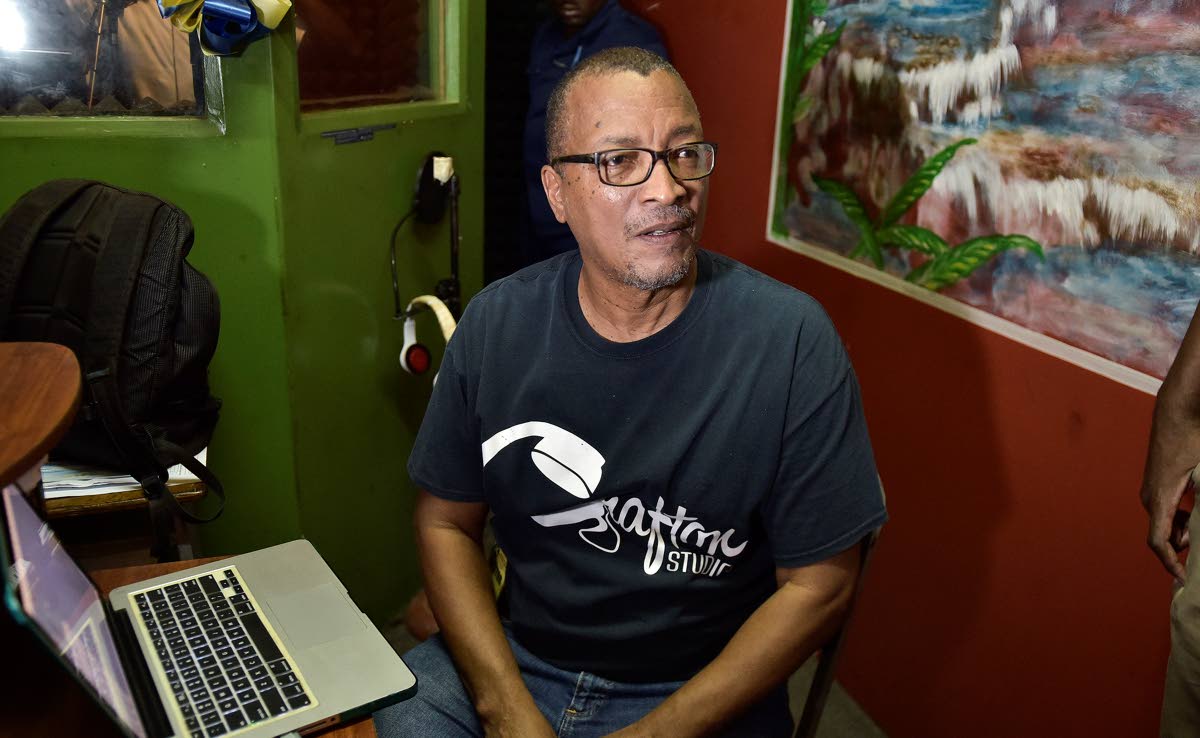Mikie Bennett Says Dancehall Is Effective Teaching-Learning Tool For High School Students

Agent Sasco, Tanya Stephens, Jesse Royal, and Tifa, will again join composer and multi-instrumentalist Mikie Bennett as ambassadors and judges, for the fourth staging of the Dancehall-centric Science Genius Jamaica competition for high schools.
The quintet will mentor the students to create their songs under the theme “Where Science Meets Dancehall” in the competition, which fuses Dancehall music with science.
In the online launch on Friday evening, Bennett, who is the chief mentor and judge for the competition, said using Dancehall music to make songs about various topics in the high school curriculum can be an effective teaching-learning tool and a catalyst to improved learning and grasping of concepts for various subjects, as has already been experienced by some teachers.
“There is this famous teacher and she said to all of us that she had two Science classes to teach and she introduced this to one of them and the grades just increased exponentially. I mean you don’t need no more endorsement than that,” the acclaimed songwriter and producer said.
“Every youngster know every popular Dancehall song; why? Because it is speaking to them in an idiom that they enjoy; they want to learn it; they want to identify it and it is young people speaking to young people,” the songwriting coach and teacher explained.
He added: “We find that the subject matter is not always what we want, but if we know some of the secrets to that popularity, and not use it, we would be guilty to know we have this wonderful tool and not use it. So I am very happy to be a part of this innovation that is using something that we know work because we want to really educate our youngsters.”
Bennett, who is also part of a special team commissioned to use music to rehabilitate inmates at the island’s maximum-security prisons, said that schools ought to embrace the competition and encourage their students to enter, as the learning benefits are huge.
“I know. I have seen the before and after; the science genius situation and I have no doubt in my mind that this is one of the formulas to help in Mathematics, in English, in Literature in Science because it is going to bring everything together. Schools who resist this, resist it to the whole peril of the education system,” he said.
Bennett, who is a graduate of West Indies College (now Northern Caribbean University) and has composed and produced music for international artistes such as Shabba Ranks, Maxi Priest, Ziggy Marley, Dennis Brown, UB40, Cocoa Tea and Admiral Bailey, said that based on his experiences, he is confident in Dancehall as a teaching tool.
“I am very, very serious. I know the streets; there was a time in my life when I knew exactly what the streets wanted to hear, and I was very successful in providing it the way they wanted. I am not as offay in 2021 with what they want now, but I know the people who know what they want… Create it and they will learn,” he said.
Bennett recounted how in preparing for the first completion four years ago, he had decided to do some research on “how we communicate with kids”, particularly “in light of the concern that some people have with Dancehall and young people” and found that even nursery rhymes a have violent lyrics.
“You know that a lot of the songs that we teach children are very violent, are morbid? Is about people dying, about wolves eating little pigs?” he said.
Science Genius which is the brainchild of Mathematics and Science Professor at Columbia University, Christopher Emdin, uses hip-hop music in the United States to reach students.
At the time of its initial launch in Jamaica, the Science Genius Jamaica competition was described as using Dancehall music to inspire the confidence of students, by using music and culture to get them more enthused about learning, and to bring the subject to life for students and teachers in a ‘Dancehall clash’ competition.
According to its conceptualizers, the goal of the project is to connect youth culture with education, to ensure that learning the rigorous content of mathematics and science becomes easier for students.
Each year, in the final phase of the competition, the schools engage in Dancehall clashes called BATTLES, an acronym for Bringing Attention to Transforming Teaching, Learning and Engagement in Science, where they were judged by a team comprising of their project mentors, other professionals from the music industry, scientists and educators.
